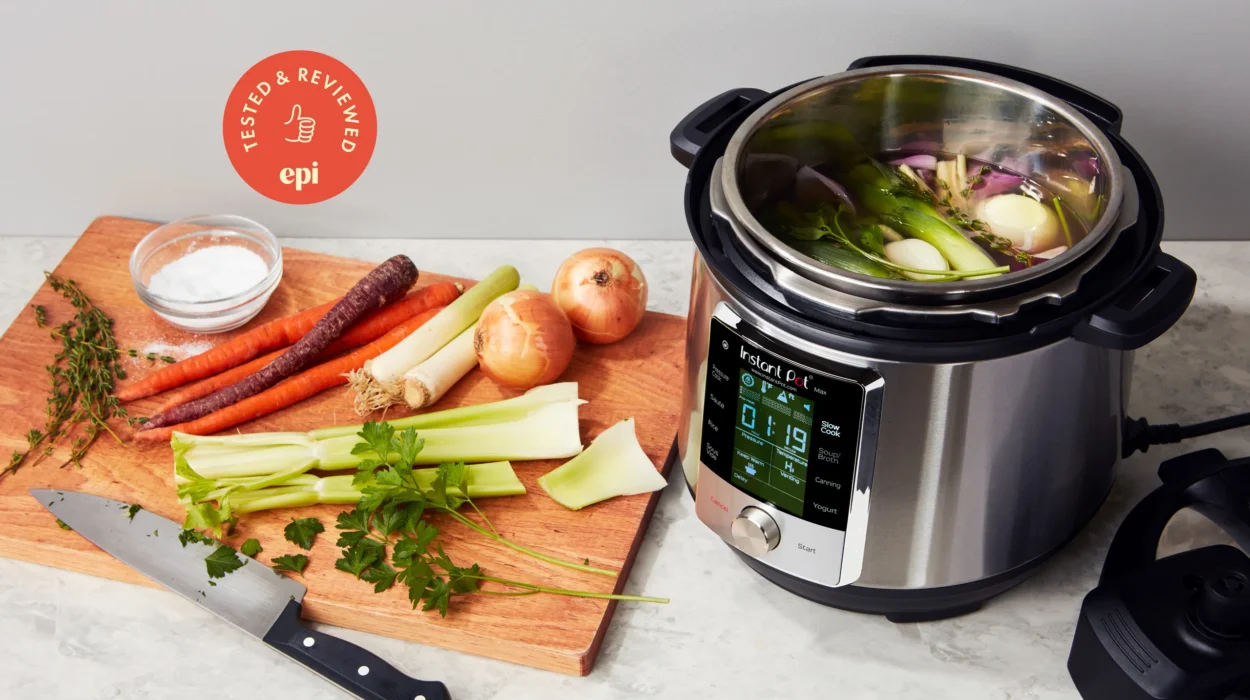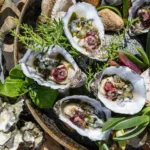Pressure cookers are a staple in many kitchens due to their convenience and the speed with which they can cook food. However, not all foods are suitable for this method of cooking. Here are eight foods that you should avoid cooking in a pressure cooker and why.
1. Delicate Vegetables
Vegetables like lettuce, celery, and cucumbers are too delicate for the high-pressure environment of a pressure cooker. They can become mushy and lose their texture and flavor.
2. Quick-Cooking Pasta
Pasta can overcook very quickly in a pressure cooker, leading to a sticky and unappetizing meal. It’s best to stick to traditional boiling methods for that perfect al dente texture.
3. Dairy-Based Sauces
Dairy products tend to separate or curdle under high heat and pressure. If your recipe includes milk, cream, or cheese, it’s better to add these ingredients after pressure cooking.
4. Seafood
Seafood, particularly delicate varieties like fish fillets, can overcook easily and become rubbery when cooked in a pressure cooker. Opt for grilling, baking, or pan-frying instead.
5. Breaded Meats
The crispy coating on breaded meats will not stay crisp in the moist environment of a pressure cooker. These are better cooked in an oven or fryer to maintain their texture.
6. Cakes and Quick Breads
The baking process requires dry heat, which a pressure cooker cannot provide. Stick to the oven for baked goods to ensure they rise properly and have the correct texture.
7. Thickening Agents
Ingredients used to thicken sauces, such as cornstarch or flour, can interfere with the pressure release valves and should not be used in a pressure cooker.
8. Fried Foods
Attempting to fry foods in a pressure cooker can be dangerous due to the combination of hot oil and high pressure. It’s also unlikely to achieve the desired crispy texture.
In conclusion, while pressure cookers are incredibly useful, they are not the ideal cooking method for every type of food. Understanding the limitations of your pressure cooker will help you make the best culinary choices and avoid any kitchen disasters.
I hope you find this article helpful for your culinary adventures! Remember, the key to great cooking is knowing not just what to do, but also what not to do. Happy cooking! 🍳







